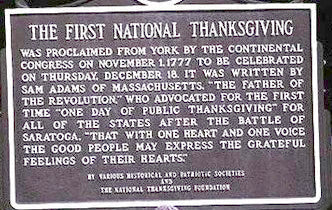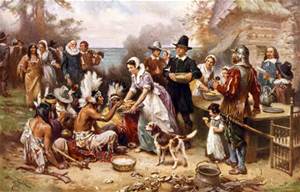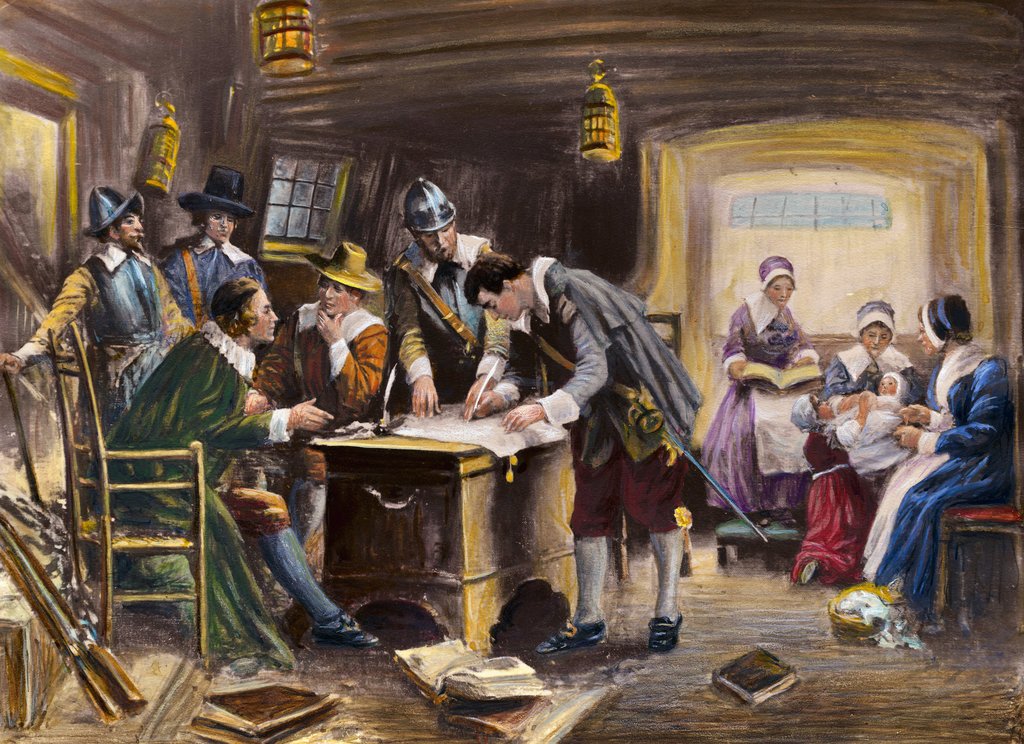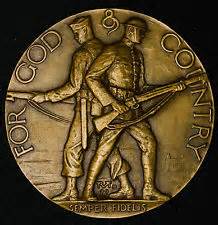Today's American Minute
Thanksgiving Proclamations by Washington, Jefferson, Madison, Lincoln, Roosevelt, & others - American Minute with Bill Federer
& others Jefferson Lincoln Madison Roosevelt Thanksgiving Proclamations by Washington
Pilgrim Thanksgiving, Struggles, Dangers and Attacks, Then and Now - American Minute with Bill Federer
Pilgrims tried Communism and rejected it -- replacing it with Property owned by Individuals who could then be Charitable! - American Minute with Bill Federer
Without God "covenant" twists into "social contract" then "socialism" - American Minute with Bill Federer
" then Socialism William Brewster & How Pilgrim "Covenant" twisted into "Social Contract
- Pilgrims had a covenant where they cared for each other because each person was personally accountable to God;
- Covenant turned into social contract during the Age of Enlightenment, with God being distant and uninvolved -- an impersonal force;
- Social contract with a distant God turned into social contract with NO God during the French Revolution;
- In the 19th century, social contract with NO God turned into socialism, where the state is god.
Veterans Day "In test and trial, we...turn to God for courage"-Eisenhower - American Minute with Bill Federer
Veterans Day "In time of test and trial we instinctively turn to God for new courage and peace of mind"-Eisenhower - American Minute with Bill Federer





